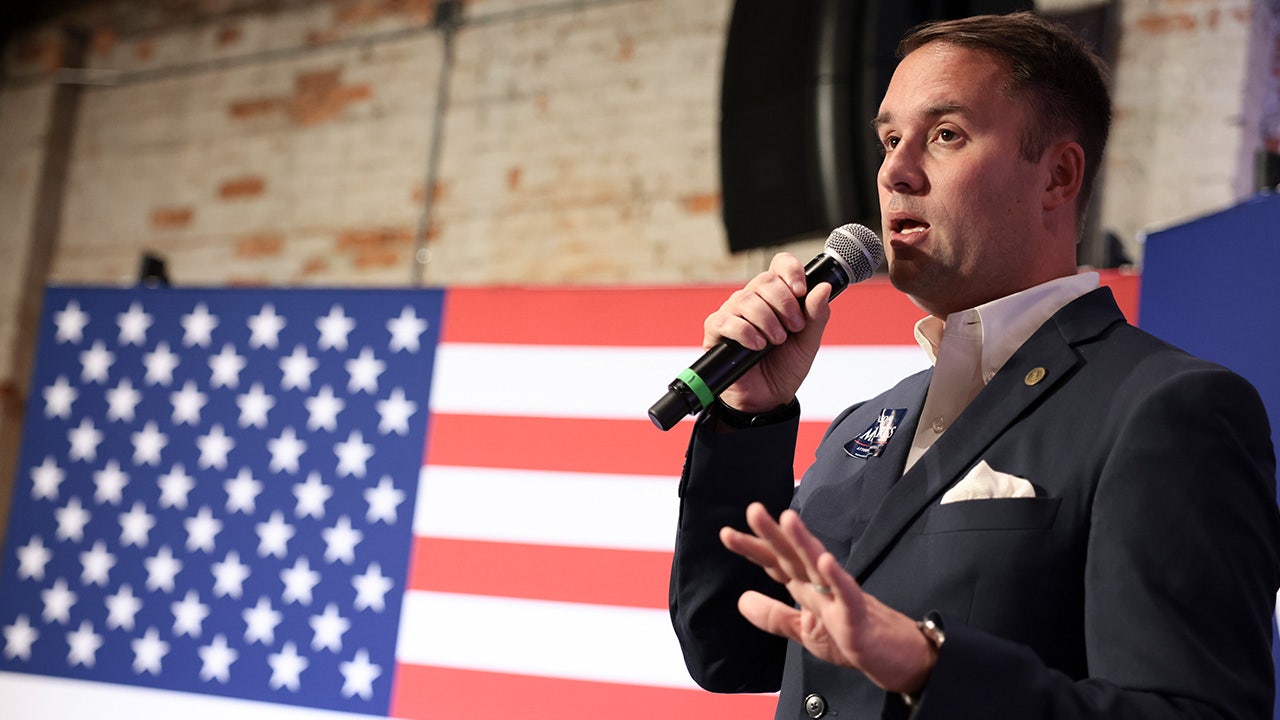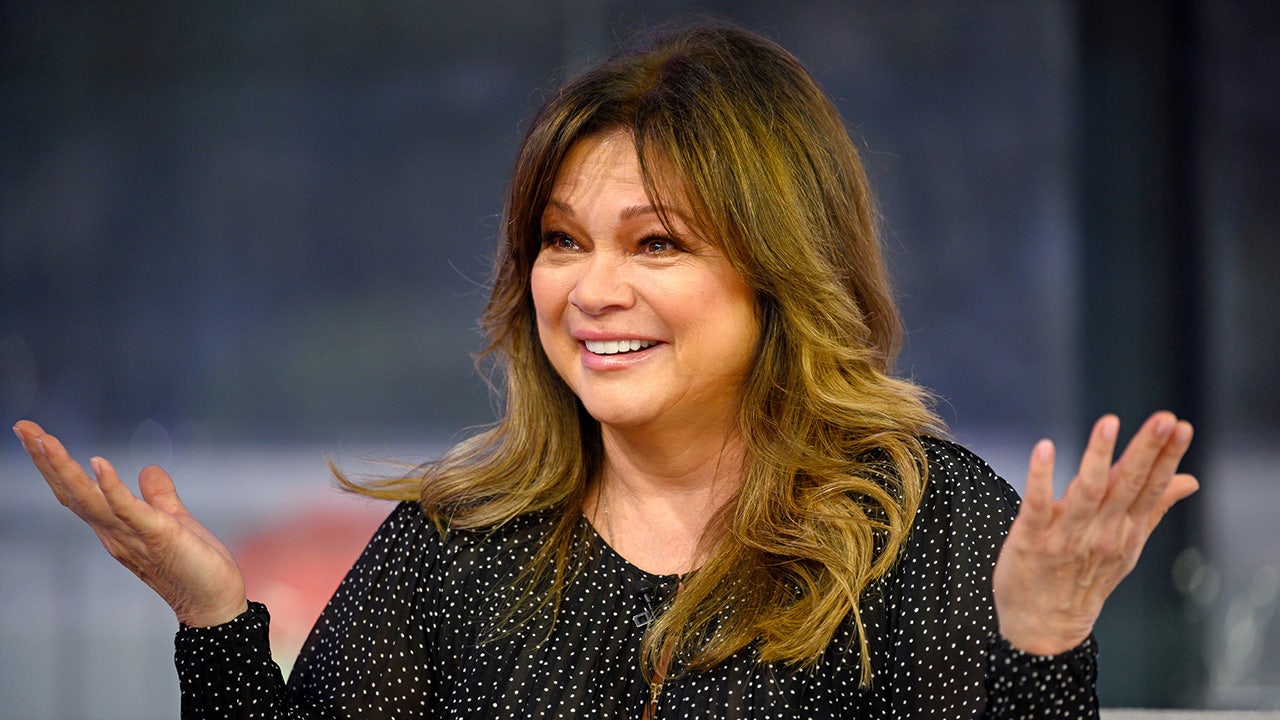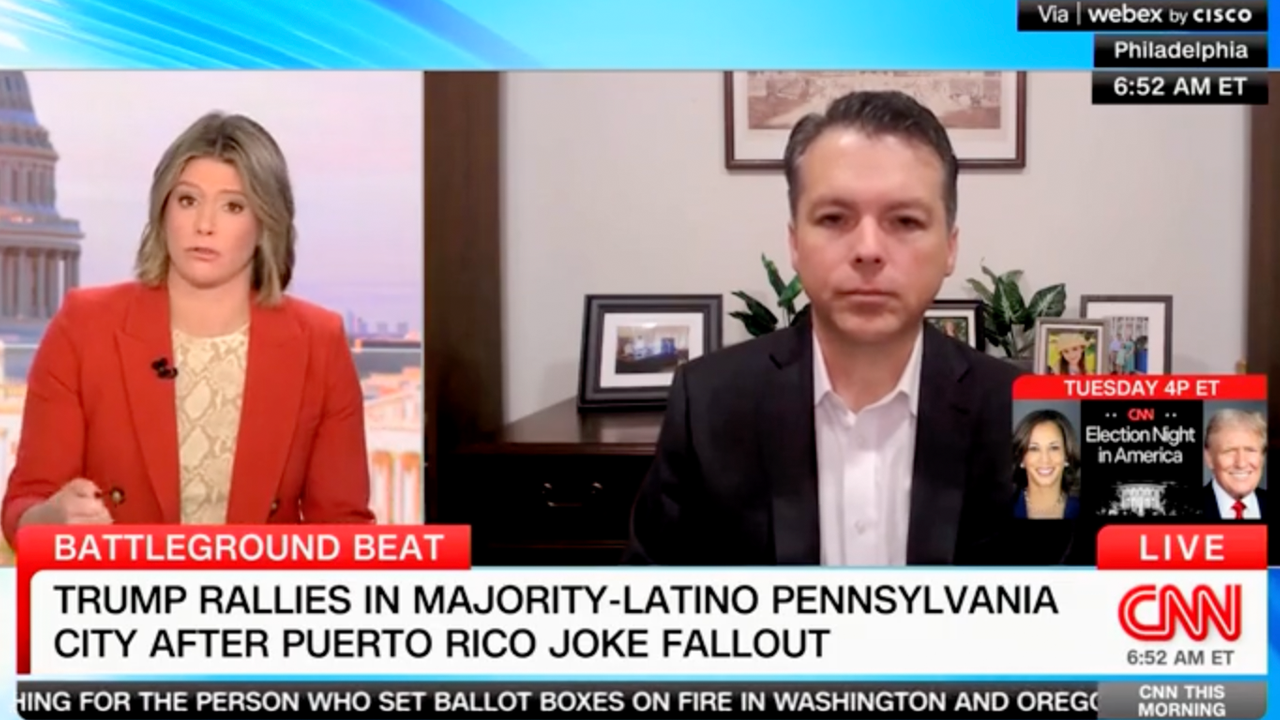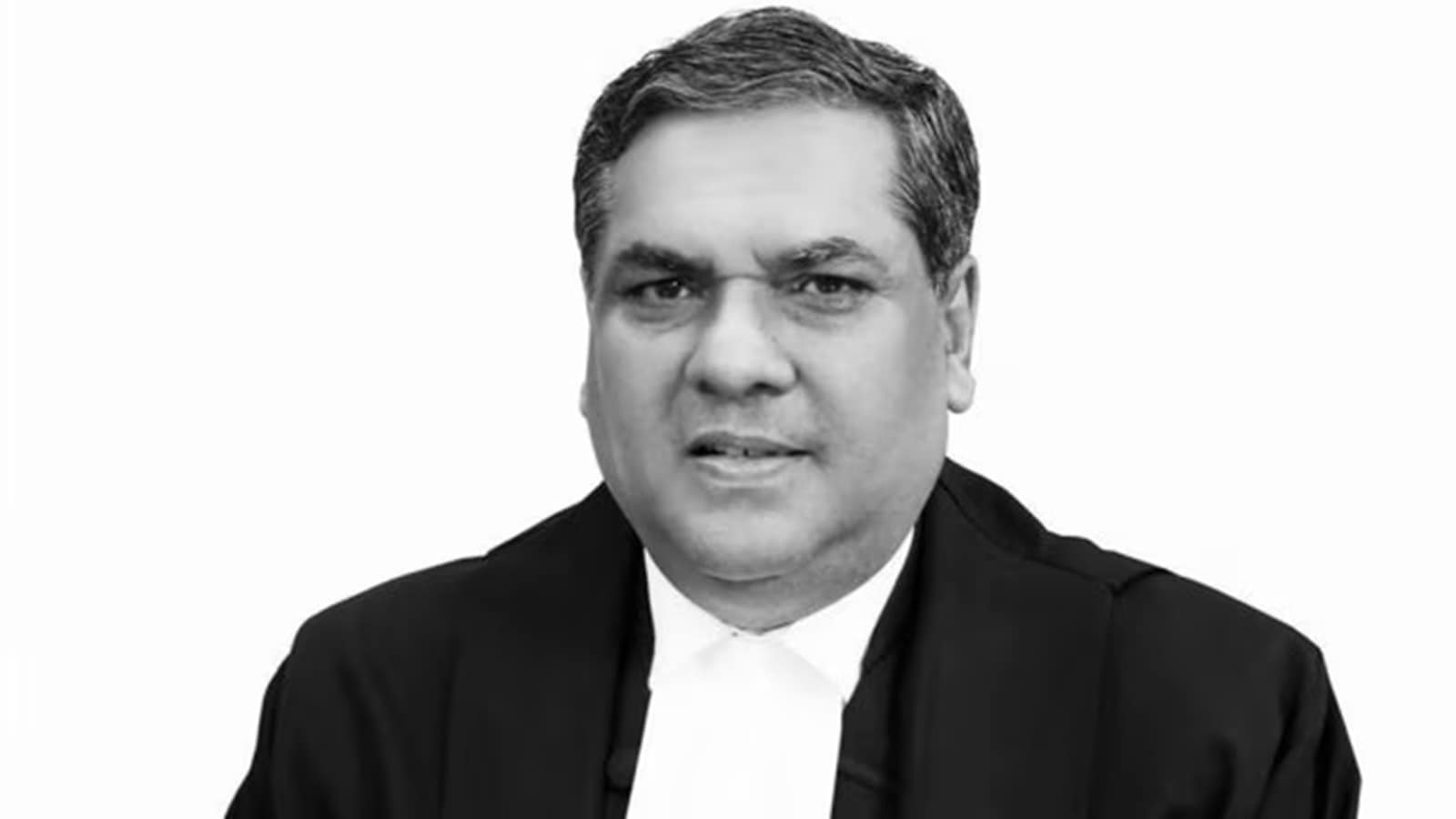Early in the 2016 campaign, months before Donald Trump won his first presidential nomination, I wrote my friend Philip Roth an email about his novel, The Plot Against America, which had appeared twelve years earlier. The book was Roth’s fanciful but chilling fiction about a fascist takeover of the presidency in 1940 by the pilot and American hero Charles A. Lindbergh. I was curious about the possible connection between the novel and Trump’s all too factual political emergence.
Over the years, several pundits had claimed that Plot was really Roth’s roman-a-clèf commentary on the George W. Bush administration. Having myself written critically of Bush (including a piece here in Rolling Stone in 2005 asking if he was the worst U.S. president in history), and having talked politics often with Roth, I knew that he agreed with me that Bush, with all of his flaws, was no fascist or fascist sympathizer, as Lindbergh was. Roth went on to say as much, repeatedly, in interviews and public appearances. But what did he make of Trump?
When Trump won in 2016, some commentators once again perceived similarities to The Plot Against America, not least because Trump had borrowed his chief isolationist slogan from the name of Lindbergh’s movement’s name, America First. Roth again demurred at any parallels, but in a different way. Trump’s actual election, he told his good friend Judith Thurman of The New Yorker, was far more difficult to comprehend than Lindbergh’s fictional election. Lindbergh, after all, was “a great aviation hero,” a man of substantial achievement and knowledge despite his Nazi sympathies. “Trump,” he said, “is just a con artist.”
I knew that Roth also sensed that Trump the con man could become a genuine threat to American democracy, roughly along the lines described in his last major novel. In our email exchange, while the Republican primaries were just getting going, I expressed my apprehension about Trump and ribbed Philip about how maybe Plot really was non-fiction after all, “and that you, pal, are clairvoyant.” A day later came his reply: “Yes, it does begin to look as if Trump, if elected, wouldn’t have a qualm in a tight spot, about suspending the Constitution.”
Editor’s picks
Roth died early in 2018 and was blessedly spared watching Trump, the right-wing kleptocrat, try and overturn an election and turn into the clear and present danger he is now. I am confident, though, that, were he alive, Roth would recognize and acknowledge how so many of his novel’s themes have frighteningly come to life.
One of the most important of those themes concerns different characters who become either accomplices of or apologists for the maximum leader. They are not necessarily true believers, although some can sound that way. They are instead honored and even once-honorable people who voluntarily, indeed, actively make their peace with the fascist seizure of power. All of them are driven to abandon their country’s founding principles and subdue their religious faith by some combination of ambition, fear, and confusion, drives and reflexes that the fascist operators thoroughly understand. It is these all too ordinary characters’ collaboration that drives much of the book’s narrative, as the protagonists try to twist America First into something noble that will benefit the Jews while, more generally, they try to normalize Lindbergh’s pro-fascism as an authentic and admirable expression of the American way.
There is the Conservative Rabbi Lionel Bengelsdorf, who mouths the Lindbergh line, who says America’s Jews owe their allegiance to America above all and not to the European Jews who desperately need their help. Bengelsdorf even takes an official position in a government program designed to break up and relocate Jewish communities. Although he is convincing enough in his entreaties, it is never entirely clear how much the rabbi actually believes what he is spouting or is simply drawn to power. Then there is Bengelsdorf’s wife, Evelyn (an aunt of the pre-teen boy named Philip Roth, whose older self is telling the story), desperate for affection, who brings the fascist propaganda line into the Roth family circle. Evelyn is even more attracted to authority and security than her husband, and voices disdain for Jews who are “afraid of their own shadow” and who supposedly have nothing to worry about from America First.
Related Content
Philip’s older brother Sandy, in part under Evelyn’s influence, spends a summer in a Lindbergh administration ethnic assimilation program in Kentucky, and returns a thorough convert, speaking in a country accent. And there are national political figures as well in the novel, notably the real-life Senator Burton K. Wheeler of Montana, a one-time New Deal populist who drifts rightward, denounces Democrats who are hostile to Adolf Hitler as “the war party,” serves as Lindbergh’s vice president, and tries to establish his own totalitarian regime when Lindbergh mysteriously disappears in 1942.
The specific political situation of the 1930s and 1940s is obviously different from today’s, although there are analogies. The America First movement had an affinity for Hitler, for example, as a function of its isolationism, not completely unlike the current America First/MAGA affinity for Vladimir Putin, with Trump and his loyalists reciting Russian talking points over Putin’s aggression against Ukraine. But the collaboration of prominent Americans with Trump’s attempted seizure of power involves the same sort of quiet, uncoerced moral collapse, born of fear-driven opportunism, that Roth’s novel evokes. So does the collaboration of untold numbers of ordinary Americans, twenty-first century equivalents of the novel’s Aunt Evelyn, Sandy Roth, and others.
Today’s moral collapse dates back decades, but began in earnest in 2016, when Republicans who seemed to know better, overcome by Trump’s commandeering of the GOP’s base during the party’s primaries, turned into cringe-worthy sycophants. Senators Lindsey Graham of South Carolina and Ted Cruz of Texas both ran for the Republican nomination that year; both had choice words for Trump. Graham famously called him a “race-baiting, xenophobic religious bigot,” “a kook,” “crazy,” and “unfit for office,” and declared ruefully in retrospect that the GOP should have united to isolate him. Cruz called him a chronic liar and a “sniveling coward,” who was “completely amoral,” and he refused to endorse Trump at the 2016 Republican convention. (Cruz may have still been smarting from Trump’s degrading references to “Lyin’ Ted’s” wife and his outrageous suggestions that Cruz’s father had been mixed up in the assassination of John F. Kennedy.) Both Graham and Cruz have become staunch Trumpists.
Graham and Cruz were but early examples of the abject surrender of what had been the Republican Party and its transformation into the MAGA Party. More recently, Senator Mitch McConnell has best emblemized GOP cravenness in the face of Trump’s threats and humiliations. He notably denounced Trump as an insurrectionist in the aftermath of the Jan. 6 attack on the U.S. Capitol, only to give him a free pass by blocking his removal from office — which would have freed his party and the nation of any possibility of Trump’s returning to the White House. The subsequent party excommunication of the handful of Republican public officials who dared stand up to Trump, above all former Representatives Liz Cheney and Adam Kinzinger, sealed the GOP’s moral collapse.
But the disgrace runs even deeper now that Trump’s rolling coup d’etat is on the brink of seizing the power it needs to enact its reactionary, theocratic Project 2025. Senator Mitt Romney, for one, plainly finds Trump an abomination who should not be allowed anywhere near the White House. Yet in the crunch, Romney is refusing to join Cheney and Kinzinger (and Cheney’s father, the deeply conservative former Vice President Dick Cheney) in supporting Kamala Harris. Romney has proffered the lame excuse that backing a Democrat might hinder the effort to repair the Republican Party — as if there is any Republican Party left to repair, and as if anything but a Harris victory can stave off what Trump and his associates have vowed they will do to install authoritarian rule.
Romney is not alone. James Baker, George H.W. Bush’s closest political associate (as well as his secretary of state and chief of staff) — and, at 94, one of the last remaining pillars of an older GOP — was at least honest enough to admit in 2020 that, whatever else could be said about Trump, he would deliver on conservative judicial appointments, tax cuts for the wealthy, and deregulation, and was thus worthy of his vote. What, though, of the other establishment Republicans now reviled by the MAGA forces as RINOs? What of George W. Bush? What of his brother Jeb, ridiculed by Trump in 2016 as “Low Energy Jeb”? Neither has publicly supported Trump, yet neither will publicly support Harris. Evidently, they share with Romney the self-justifying fantasy that not voting for Harris will lead to a rebuilt post-Trump Republican Party.
Most recently, outside the Republican Party, has come the even more alarming capitulation of Jeff Bezos in killing The Washington Post editorial page’s endorsement of Harris. Some critics have called it a quid pro quo for Trump’s potential support of Bezos’s multi-billion dollar space age project, Blue Origin, whose executives met with Trump hours after Bezo suppressed the Harris endorsement. (Bezos has denied any suggestion of horse trading with Trump.) But regardless of that possible deal, Bezos’ clumsy but effective intervention has signaled another variation of moral collapse: the ability of the would-be maximum leader to bully the third-wealthiest man in the world into silence and corporate censorship.
Bezos could be reasonably certain that Harris, if elected, would operate under the constraints under the rule of law in any dealings with his companies and pose no threat to him, whereas if the lawless Trump were elected and the Post had endorsed Harris, Blue Origin and who knows what other of Bezos’ holdings might be in serious trouble. This is precisely how dictators like Putin and Viktor Orbán operate, shutting down dissent by making press lords offers they can’t refuse.
Under Bezos, the Post had adopted a slogan, “Democracy dies in darkness.” Thanks to his self-serving interference, that slogan is now dead, and what might have been a journalistic institution of accountability has been plunged into chaos, a week before the election.
Trending Stories
There are of course prominent figures even more sinister with regard to Trump than the world’s third-richest man — chief among them the richest man of all, Trump’s supreme supporter, the maniacal Elon Musk — along with Musk’s fellow high-tech reactionary libertarian “broligarchs,” like Trump’s early bankroller and J.D. Vance’s sugar daddy, Peter Thiel. But they are men who regard Trump not as a Great Leader, but as a patsy, a useful instrument in their quest to overthrow the American government and replace it with rule by Ūbermenschen like themselves. Awful as these figures are, it is people supposedly far more reasonable, including millions of ordinary Americans as well as their political leaders, who are playing an even more damaging role in making Trump’s victory possible. They are the men and women who understand Trump’s menace, who might denounce him now and then, even in strong terms, yet who support him anyway or who refuse to oppose him by supporting his Democratic opponent, or who willingly back down and serve him out of fear that his retribution will hurt their bottom line.
Beyond suspending the Constitution, of which the real-life Philip Roth thought Trump fully capable, these are the kinds of responses and abdications that allow strongmen to come to power, killing democracy’s greatness by playing on people’s smallness, exploiting their desire to sustain what power they have, for what security they can obtain, gaining from them willing apologetics and obedience and collaboration. The Plot Against America’s clairvoyance brilliantly captures the human folly that abets the political crises from which fascist possibilities grow. In the novel, the nation is miraculously delivered from the fascists. FDR returns! Confronted now with our own all too real plot against America, we cannot rely on miracles and deus ex machinas. All we have is ourselves and the few days left to us to vote and prevent a hostile takeover of American democracy.

 1 hour ago
2
1 hour ago
2
















.png)

.png)
.png)
.png)













 English (US) ·
English (US) ·  Hindi (IN) ·
Hindi (IN) ·